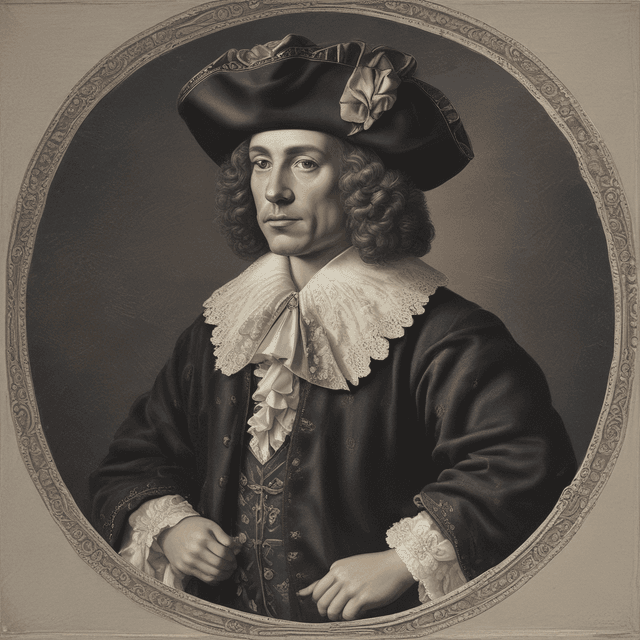
| Name | Adriaen Van Der Donck |
| Legacy | Important figure in the intellectual history of the Netherlands |
| Occupation | Lawyer • Diplomat • Political reformer |
| Nationality | Dutch |
| Time period | Late 17th century |
| Notable contributions | Advocated for increased democracy and citizen representation • Played a key role in Netherlands' transition to constitutional monarchy • Influenced the growth of Dutch liberalism and republicanism |
Adriaen Van Der Donck (1618 - 1684) was a Dutch lawyer, diplomat, and political reformer who was instrumental in shaping the political development of the Dutch Republic in the late 17th century. Known as a champion of increased democracy and citizens' rights, Van Der Donck was a leading figure in the gradual transformation of the Dutch state from an aristocratic republic into a more constitutional monarchy.
Van Der Donck was born in the town of Breda, in the southern province of Brabant, to a prominent family of lawyers and civil servants. He studied law at the University of Leiden and began his career working as a legal advisor and diplomat for the powerful Dutch East India Company (VOC).
In 1648, Van Der Donck published his first major political work, "A Treatise on the Rights of the Free Dutch People," which called for greater representation and autonomy for ordinary Dutch citizens. This put him in conflict with the entrenched aristocratic establishment and the VOC, which sought to maintain tight control over the country's governance and commerce.
Despite the risks, Van Der Donck continued to advocate for democratic reforms throughout the 1650s and 1660s. He became a leader in the "States Party," a political faction that sought to curb the powers of the Stadtholder (the hereditary head of state) and the VOC in favor of an expanded role for the elected States General and provincial assemblies.
Van Der Donck's efforts, combined with growing popular discontent, contributed to a series of political crises and reforms in the 1670s. In 1678, the States General passed the "Act of Harmony," which transformed the Dutch Republic into a constitutional monarchy with an elected parliament and monarch whose powers were constrained by law.
While the transition was gradual and at times tumultuous, Van Der Donck's influence was profound. His writings on natural rights, the social contract, and the importance of citizen participation in government were highly influential in the development of Dutch liberal and republican political thought.
Van Der Donck did not live to see the full fruition of the reforms he helped catalyze - he died in 1684 at the age of 66. However, his legacy lived on through the growing power of the Dutch parliament and the continued expansion of civil liberties and representative government in the 18th and 19th centuries.
Today, Adriaen Van Der Donck is remembered as a pioneering advocate for democracy and an important figure in the political modernization of the Netherlands. His ideas helped pave the way for the country's evolution from an aristocratic republic to a constitutional monarchy and, eventually, a modern parliamentary democracy.